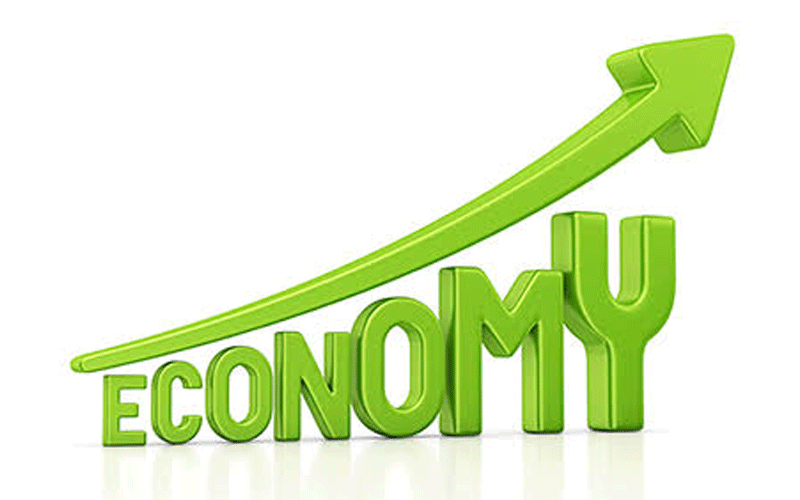Kenya must improve its global competitiveness

Kenya’s ability to compete effectively on the global stage has stalled for years due to low uptake of innovation that meets international consumer demands.
This has seen the country lag behind her peers despite the country boasting an enhanced ease of doing business ranking in recent times.
Not surprisingly, Kenya was ranked a lowly number 115 out of 152 countries in the most recent United Nations Industrial Development Organisation (Unido) competitive index, which shows nations’ ability to produce and export manufactured goods competitively on a global level.
The ranking leaves Kenya behind peers Egypt and South Africa who rank at higher positions 64 and 52, respectively.
Despite manufacturing being considered a key sector in Kenya’s development agenda, the performance is wanting and calls for the country to have an honest conversation.
The index laid bare Kenya’s inability to produce goods that meet the taste of international consumers.
It also ranked the country low on value addition and ability to export products.
Coming at a time when the country is appreciating the importance of innovation following the Covid-19 pandemic, the ranking must be taken seriously.
It should mark the beginning of meaningful collaboration between researchers and industry in a bid to achieve faster growth in the sector.
The fact that the manufacturing sector’s contribution to Kenya’s GDP has shrunk from 15 per cent to 8 per cent lays bare Kenya’s soft underbelly.
Manufacturers must wake up and smell the coffee and acknowledge the fact that minimal deployment of technology in the sector and the relatively low intellectual labour horsepower is their undoing.
To help improve Kenya’s competitiveness, this is the time to think out of the box and consider how artificial intelligence and big data analytics can spur the country’s production capacity.
While at it, the country must learn what works and sift through the mass in order to produce for the discerning global consumer.
However, this cannot be achieved in isolation, it is time high production costs partly blamed on costly power and an unpredictable tax regime are addressed. Only then can we set the stage for change.












